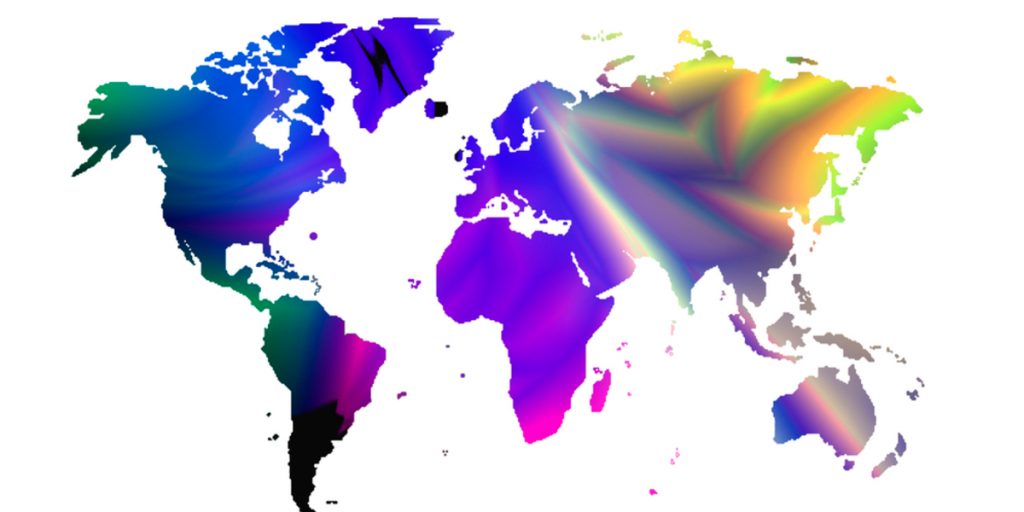As the most common stem cell type being used within regenerative medicine, there is huge potential for growth within the mesenchymal stem cell (MSC) market. Today, MSCs are the most common stem cell type being used within clinical trials, as well as the most studied stem cell type within the scientific literature.
Population aging and an increasing prevalence of chronic disease are also driving interest in MSC-based therapies, with Google Trend data revealing that MSC searches are more than twice as frequent as the next most common stem cell type.
How do Mesenchymal Stem Cells Work?
MSCs occur in nearly all tissues found our body, but they are found most commonly in bone marrow, adipose tissue, umbilical cord tissue, umbilical cord blood, and the placenta. Beyond being multifunctional and differentiating into multiple cell lineages, they secrete a variety of cytokines and growth factors to bring about immune modulation and promote injury healing and tissue regeneration.
MSCs are ideally suited for clinical applications of cell therapy because of their multiple lineage differentiation potential. They can be differentiated in vitro or in vivo into different types of functional cells to replace aged or damaged cells.
Types of Mesenchymal Stem Cell (MSC) Therapies
In some applications of cell therapy, cell types derived from MSCs in the laboratory are transplanted into the recipients in combination with biomaterials as tissue engineering (TE) products. In autologous transplantation, MSCs can home to injured tissue sites in the body and persist for some time.
In the majority of cell-based medicines, MSCs are used for two major reasons: they are capable of immune modulation and produce a variety of growth factors. Immune modulation has been reported and documented for mesenchymal stem cells obtained from sources such as bone marrow, adipose tissue, umbilical cord, and Wharton’s jelly. Because of immune modulation, MSCs can effectively suppress both acute and chronic inflammation, with an example being the approved drug Prochymal for the treatment of GvHD.
Cell therapy studies in recent years have also been focusing on components derived from MSCs instead of whole MSCs. These components include extracellular vesicles (EVs), microvesicles and exosomes, each exhibiting different biological activities. For instance, exosomes from MSCs have been reported to have functions similar to whole MSCs, including repair of tissue damage, suppression of inflammatory responses, and modulation of the immune system.
Globally Approved MSC-Based Products
As of 2019, ten MSC-based products have received regulatory approvals, including nine cell therapy approvals and one tissue engineering approval.
The following are the currently approved MSC-based products:
- Alofisel
- Chondrocytes-T-Ortho-ACI
- Spherox
- Ossgrow
- Stempeucel
- Prochymal (remestemcel-L)
- Temcell HS
- Neuronata-R
- Cupistem
- Cellgram-AMI
